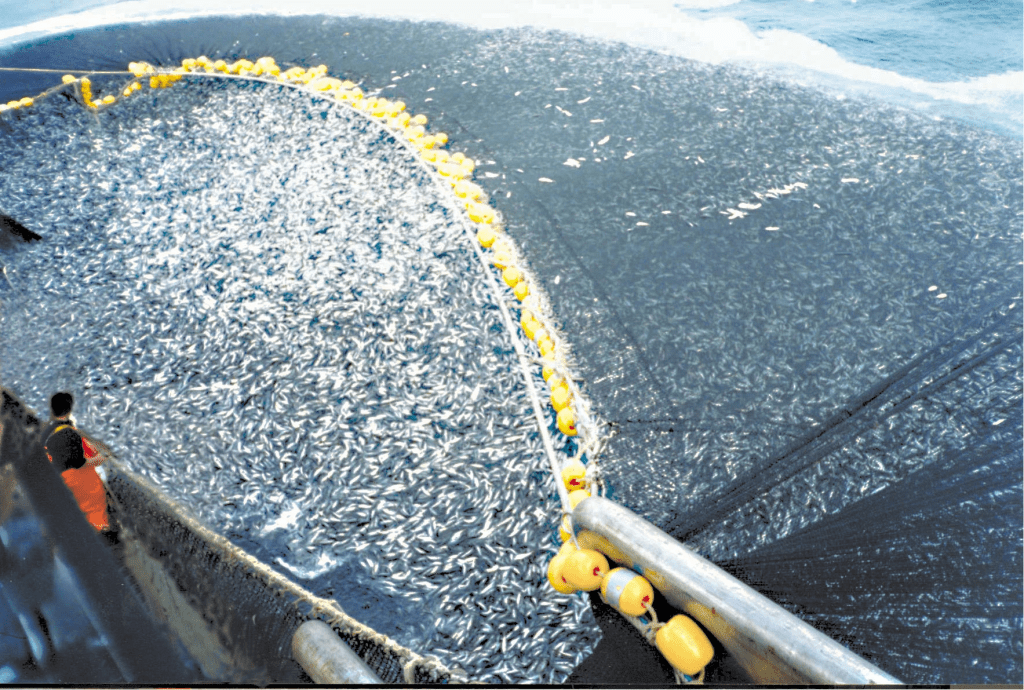The idea of solving world hunger with pills may sound like something out of a dystopian novel. However, in reality, it’s not all that that far-fetched.
In recent years, there’s been an increasing trend towards taking pills to meet nutritional needs. While this may seem like a convenient way to get all the nutrients your body needs, there are some major drawbacks to be aware of.
The pros of living on pills are that people don’t need to worry so much about the food they’re eating. Simply taking a pill and knowing you are getting all the right nutrition is easy. No need for cooking and food preparation, no need for grocery shopping. Just a quick trip to the pharmacy and you’re done.
However, the downside is that pills are not only expensive, they’re simply unable to be fully absorbed in the way that regular food is. The exclusive consumption of pills leads to some pretty bad deficiencies. Additionally, the good ones are expensive, and they’re often only available to astronauts and those who can afford them.
Overall, taking pills for nutrition has some positive benefits. As a supplement, they may even help in solving world hunger. However, they also impact our lives and environment in some fairly negative ways. Let’s look at a few of these.

The Social Component of eating
Humans are social creatures. Part of what makes us social animals is our consumption of fish or meat. Although many believe that meat’s sole purpose is to provide nutrition, that is not entirely the case. The preparation and consumption of meat is related to:
- cultural traditions and norms,
- collective and individual identities,
- gender relations,
- and conceptions of health, purity or naturalness.
These points fall into two specific dimensions: social and cultural.
“Food provides us with something more symbolic than simply nutrition.”
Margaret Maed
Anthropologist, Margaret Maed believes that food is meant to be exchanged or shared with family and friends. Humans are the only animals that cook their food, and this has led to a number of social and cultural habits.
A family meal at the end of the day has social benefits attached to it. This is often where children learn respect, how to listen, and how to converse. Moreover, research shows that people are more likely to feel happy and satisfied with their lives when they eat frequently with others.
In other words, food connects people. Many aspects of human culture revolve around food.

People often use food as a way to connect with their culture. Similarly, food gives us a sense of cultural identity. Our ancestors and the places we live heavily influence food preferences. Consequently, these preferences help define and sustain a cultural group.
The Impact of pills on Nature
Not all pills are made in the same way. Much of their impact on the environment depends on their composition. Artificial pills are produced in a laboratory. Alternatively, ‘naturally’ made pills are likely sourced from animal or plant products.
For example, vitamin A can be derived from fish liver oil, and vitamin C can be derived from citrus fruits or rosehip. Meanwhile, ingredients like microcrystalline cellulose, lactose, calcium, or malto-dextrin are used as fillers.
If pills are synthetic there is no direct impact on plants or animal species. However, if pills are ‘natural’, monocultures are encouraged. A monoculture is the continuous production of a single crop on agricultural land. Research shows that monocultures:
Similarly, increased demand for fish oil tablets is causing overfishing. That poses a serious threat to the environment as well as the food security of many communities. So, solving world hunger is clearly not just about substituting highly manufactured products for fresh food.

So are Pills Worsening rather than Solving World Hunger?
Nevertheless, pills that contain all the essential nutrients may be very useful in solving world hunger. They’re relatively easy to transport and can last a long time in the right conditions. Of course, nutrition is not quite that simple. The body needs six essential nutrients to survive, but it also requires different types and amounts of nutrients at different times.
1. Vitamins:
Vitamins are organic substances that are either fat soluble or water soluble. There are 13 types of vitamin that provide a variety of functions.
2. Minerals:
There are two categories of minerals: macro minerals and trace minerals. Macro minerals help to:
- Balance fluid levels
- Improve bone health
- Make proteins
Meanwhile trace minerals serve an assortment of functions and are needed in smaller amounts.
3. Protein:
Proteins are also known as the body’s building blocks and are made from amino acids. They build and repair tissues as well as aid the body in fighting infection.
4. Fats:
Fats are essential to provide the body with energy and support cell function. They also absorb and dissolve vitamins. They are composed of lipids, more specifically: fatty acids.
5. Carbohydrates:
Carbohydrates fuel vital organs like the brain, kidneys, heart muscles, and central nervous system and provide energy for physical activity.
6. Water:
Water is the most essential nutrient for human survival. It serves to:
- flush toxins out,
- provide shock absorption,
- transport nutrients,
- prevent constipation,
- lubricate,
- and hydrate cells
So, Do Pills Play any role in solving world hunger?
Not unlike a single item diet, humans might survive on pills alone, but professionals would warn against it.
As omnivores, our species will adapt to all regions on Earth. Various dietary ratios changed depending on where human communities emerged. For instance, hunter-gatherers from tropical areas lived on 30% animal products and 70% vegetables. However, populations in colder regions fed almost exclusively on animal products, where vegetables were scarce.
Although we require 6 different classes of nutrients to function, the flexible diet of an omnivore allows humans to find nutrients in varying structures.

So, it’s possible that pills could play a role in helping people survive. However, the fact is that farmers currently produce enough food for 10 billion people. This is one and half times the global population.
If we simply did not have enough food to go around, moving towards pills may be feasible in the short term. Nevertheless, it is simply not the case. The problem lies in how we can learn to distribute food better.
Conclusion
It’s clear that while there may be potential benefits to pills derived from nature, we must also consider the impacts that these products have on the environment. Furthermore, eating food is not just about physical survival. The social and cultural aspects of eating are just as important to humans as physical sustenance.
In any case, the world already has enough food to support its population. The spectre of hunger and poverty is a structural problem that we have only just begun to address. So, the few benefits derived from substituting pills for food will be greatly outweighed by the consequences.
If you’re interested in sustainability, the THRIVE Project is a great place to start. You’ll learn more about the impacts our choices have on society, the environment, and our future. Discover the facts about the latest technologies and policy decisions from genuine experts with THRIVE’s blogs, podcasts and monthly webinars. See how you can get involved in the movement to create a ‘thrivable’ world here.























